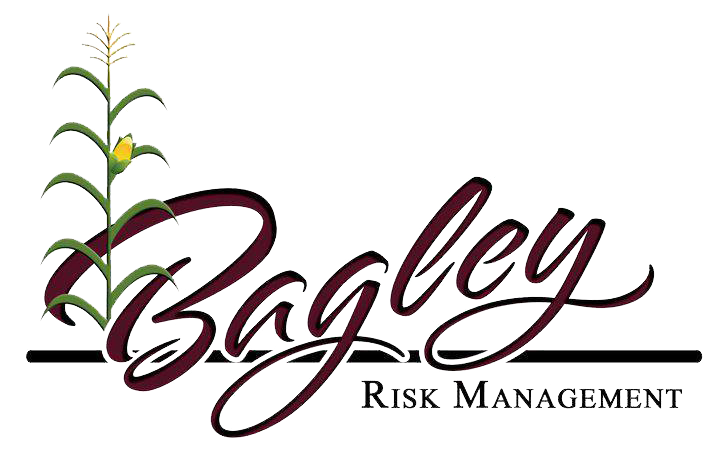Unknown Facts About Bagley Risk Management
Livestock Threat Security (LRP) is a USDA subsidized insurance coverage program that helps safeguard producers from the dangers that originate from market volatility. With LRP, producers are able to insure a flooring rate for their cattle and are paid an indemnity if the market value is lower than the insured price.
This item is intended for. Cattle insurance.
All about Bagley Risk Management

In the last pair of months, several of us at FVC and PCM have gotten inquiries from manufacturers on which threat administration device, LRP vs. Futures, is better for a pork producer? Like the majority of tools, the answer depends upon your operation's goals and situation. For this version of the Dr.'s Edge, we will certainly analyze the scenarios that tend to favor the LRP device.
In Mike's analysis, he contrasted the LRP estimation versus the future's market close for each and every day of the previous twenty years! The percent expressed for each and every month of the offered year in the first area of the table is the percentage of days in that month in which the LRP computation is lower than the futures close or simply put, the LRP would possibly compensate more than the futures market - https://www.webtoolhub.com/profile.aspx?user=42377810. (LRP insurance)
As an instance, in January 2021, all the days of that month had LRP potentially paying greater than the futures market. Conversely, in September 2021, all the days of that month had the futures market possibly paying greater than LRP (no days had LRP reduced than futures close). The tendency that dawns from Mike's analysis is that a SCE of a LRP has a higher likelihood of paying extra versus futures in the months of December to Might while the futures market has a higher probability of paying more in the months of June to November.
Unknown Facts About Bagley Risk Management

50 or $5. 00). As an example, in 2019, LRP was much better or within a $1. 25 of the futures market over 90% of the days in all the months except June and August. Table 2 shows the typical basis of the SCE LRP computations versus the future's close for the given timespan per year.
Once more, this information sustains a lot more chance of an SCE of a LRP being far better than futures in December via May for many years. As a typical caution with all analysis, previous performance is NO guarantee of future efficiency! It is vital that producers have accounting protocols in place so they understand their cost of manufacturing and can much better determine when to make use of danger administration tools.
Examine This Report on Bagley Risk Management
Some on-farm feeders may be considering the need for cost protection right now of year on calves maintained with the intent to feed them linked here to a coating weight at some point in 2022, using readily available feed resources. Regardless of solid fed cattle prices in the existing local market, feed expenses and current feeder calf bone worths still produce tight feeding margins relocating forward.
The existing typical auction cost for 500-600 pound guides in Nebraska is $176 per cwt. This recommends a break-even price of $127. The June and August live cattle agreements on the CME are presently trading for $135.
Cattle-feeding enterprises tend to have tight margins, like lots of farming ventures, due to the competitive nature of the organization. Cattle feeders can bid more for inputs when fed livestock rates rise. https://pxhere.com/en/photographer/4182658. This enhances the price for feeder cattle, in particular, and somewhat boosts the costs for feed and various other inputs
3 Simple Techniques For Bagley Risk Management
Nebraska livestock are close to significant handling centers. As an outcome, basis is positive or absolutely no on fed cattle across much of the state.
Only in 2020 did the LRP insurance coverage price exceed the ending value by sufficient to cover the premium expense. The net result of having this LRP protection in 2019-20 was significant, including $17.
37 The manufacturer premium declines at reduced insurance coverage degrees but so does the coverage cost. The result is a lower net result (indemnity premium), as coverage degree decreases. This reflects lower reliable levels of defense. Due to the fact that manufacturer premiums are so low at reduced insurance coverage levels, the producer loss proportions (indemnity/premium) boost as the coverage level decreases.
How Bagley Risk Management can Save You Time, Stress, and Money.
In general, a producer needs to consider LRP coverage as a device to safeguard result price and subsequent profit margins from a threat management perspective. However, some producers make a case for insuring at the lower degrees of protection by concentrating on the choice as an investment in threat monitoring protection.

Comments on “Bagley Risk Management Can Be Fun For Everyone”